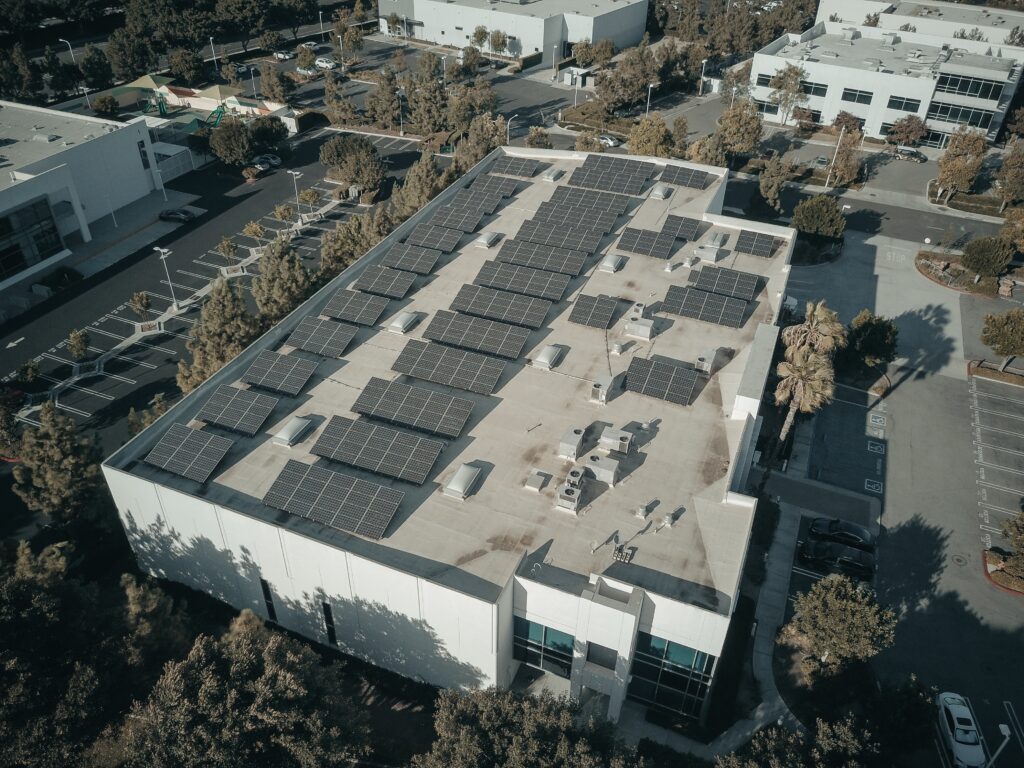
The economics of solar power have changed drastically in recent years. While once considered a luxury item for the eco-conscious and wealthy, solar panels are now becoming increasingly affordable and accessible to homeowners across the globe. But with any investment, it’s essential to calculate the financial benefits of installing solar panels. In this article, we’ll explore the economic benefits of solar power and how to calculate the financial returns of installing solar panels.
The Advantages of Solar Power
Before diving into the economics of solar power, it’s essential to understand the benefits that come with using solar energy. Solar power is a renewable, clean energy source that doesn’t emit harmful pollutants into the environment. In addition to its environmental benefits, solar power has several financial advantages for homeowners.
Environmental Benefits
The environmental benefits of solar power are numerous. By using solar energy, homeowners can significantly reduce their carbon footprint, making a positive impact on the environment. Solar energy doesn’t emit any greenhouse gases, which are the primary cause of climate change. By using solar power, homeowners can help reduce the demand for fossil fuels, which are finite resources and have a significant impact on the environment when extracted.
Financial Savings
One of the most significant advantages of solar power is the financial savings it provides to homeowners. By installing solar panels, homeowners can significantly reduce their electricity bills, sometimes up to 100%. With energy prices on the rise, installing solar panels can provide long-term financial stability, as solar panels require little to no maintenance and have a lifespan of up to 25 years. In addition, installing solar panels can increase the value of a home, making it a smart investment.
Energy Independence
Using solar power also provides homeowners with energy independence. With solar panels installed, homeowners can generate their electricity, reducing their dependence on the grid. This independence provides homeowners with energy security, ensuring they have access to electricity even during power outages.
Factors Affecting Solar Power Economics
Several factors affect the economics of solar power, including location, panel type and efficiency, system size, upfront costs, and government incentives.
Location
Location is a crucial factor when it comes to solar power economics. The amount of sunlight a location receives will determine how much energy a solar panel system can produce. Areas that receive more sunlight will generate more energy, making them more suitable for solar power. The angle and direction of a roof can also impact how much energy a solar panel system can produce.
Panel Type and Efficiency
The type and efficiency of solar panels used in a system also play a role in the economics of solar power. High-efficiency panels generate more energy per square meter than standard panels, meaning they require less roof space to produce the same amount of energy. However, high-efficiency panels tend to be more expensive than standard panels, impacting the upfront cost of a system.
System Size
The size of a solar panel system will affect its economics. A larger system will generate more energy, but it will also cost more upfront. The size of the system will depend on the homeowner’s energy needs, location, and budget.
Upfront Costs
The upfront cost of a solar panel system is a significant factor in the economics of solar power. The cost of installing solar panels has decreased significantly in recent years, but it still requires a significant investment.
